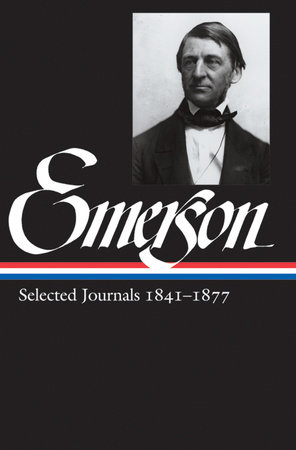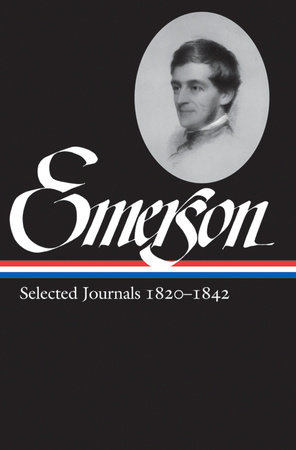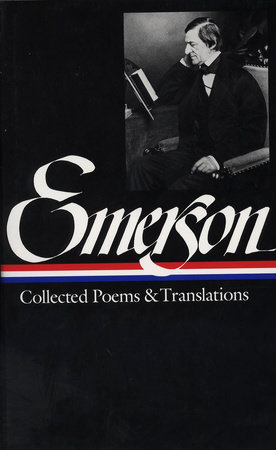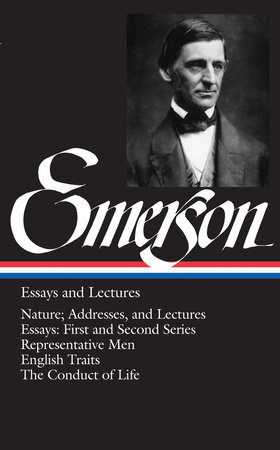
Ralph Waldo Emerson: Selected Journals Vol. 2 1841-1877 (LOA #202)
Ralph Waldo Emerson
Hardcover
April 1, 2010 | ISBN 9781598530681
AmazonBarnes & NobleBooks A MillionBookshop.orgHudson BooksellersPowell'sTargetWalmart
About the Book
With Selected Journals 1841-1877 and its companion volume Selected Journals 1820-1842, The Library of America presents the most ample and comprehensive nonspecialist edition of Emerson's great work ever published-one that retains the original order in which he composed his thoughts and preserves the dramatic range of his unique style in long, uninterrupted passages, but without the daunting critical apparatus of the 16-volume scholarly edition. Each volume includes a 16-page portfolio of images of Emerson and his contemporaries, a note on the selections, extensive notes, biographical sketches, a chronology, and an index.
This volume opens with an Emerson at the height of his powers, soon to write his celebrated essays "Experience" and "Self-Reliance," and in the midst of a vibrant intellectual circle. It follows his anguished reactions to the nation's intensifying political turmoil: his anger at the Fugitive Slave Law of 1850, his antislavery activism, and his day- to-day experience of the Civil War (including a wartime trip to Washington, D.C., where he met President Lincoln).
LIBRARY OF AMERICA is an independent nonprofit cultural organization founded in 1979 to preserve our nation’s literary heritage by publishing, and keeping permanently in print, America’s best and most significant writing. The Library of America series includes more than 300 volumes to date, authoritative editions that average 1,000 pages in length, feature cloth covers, sewn bindings, and ribbon markers, and are printed on premium acid-free paper that will last for centuries.





